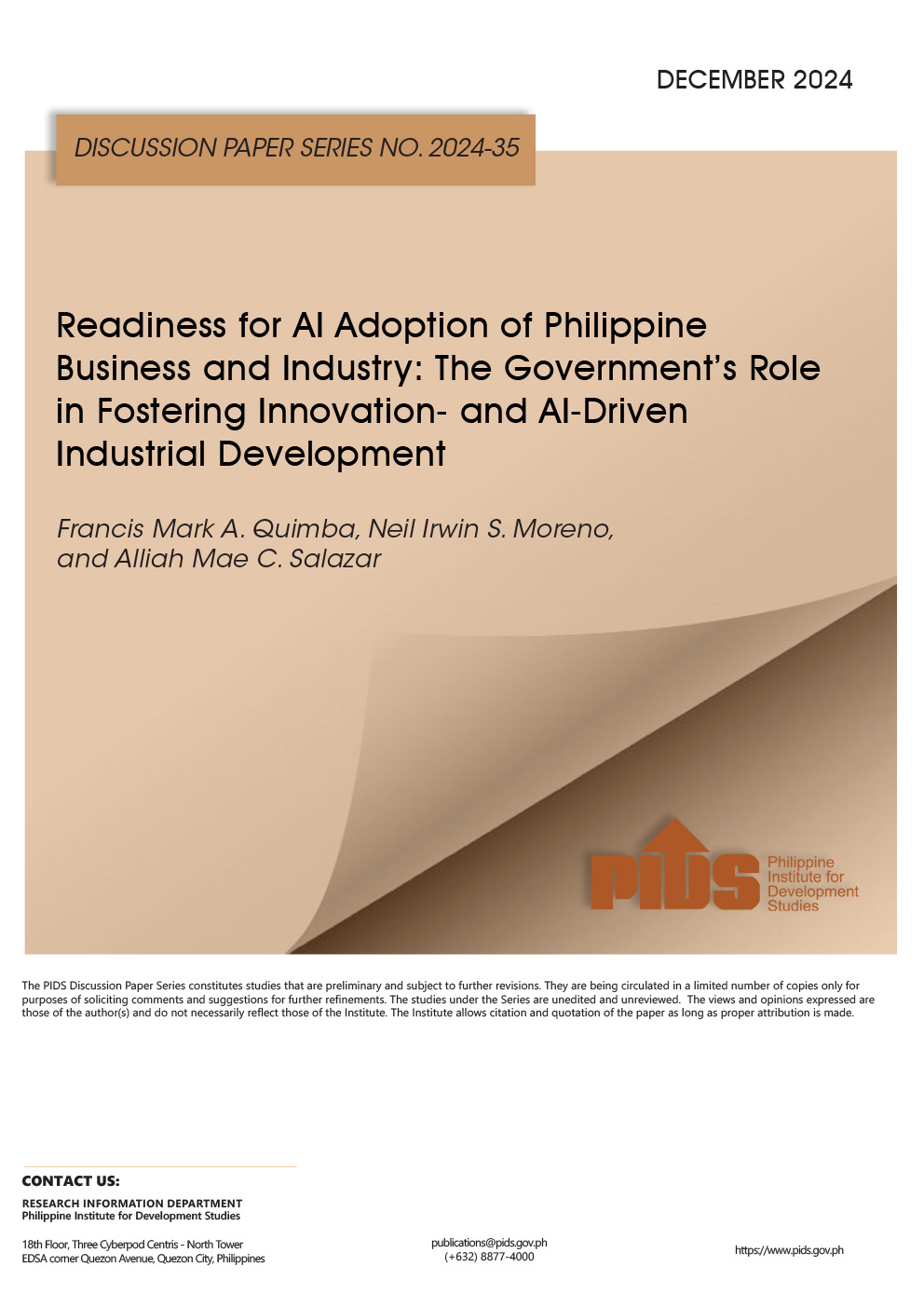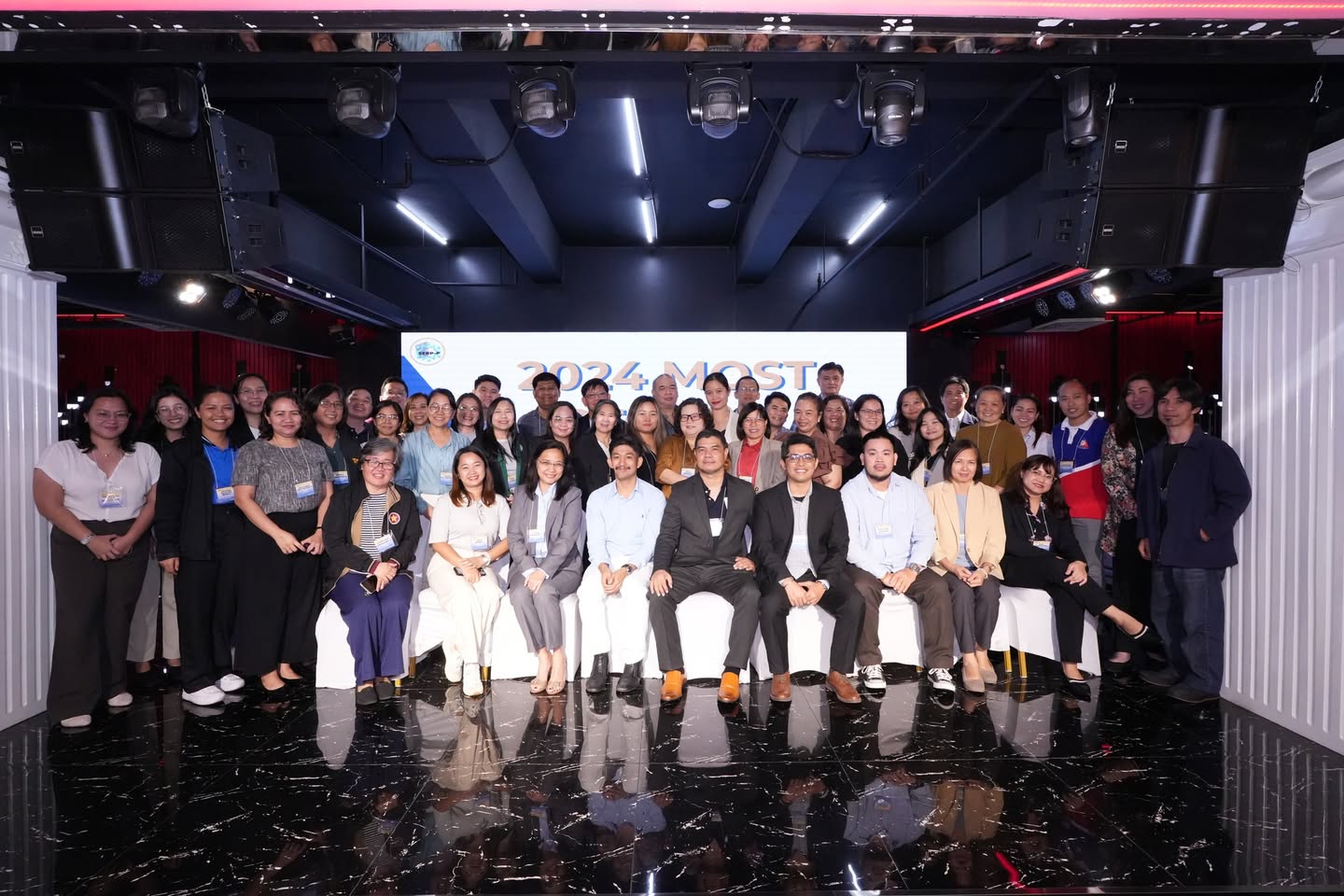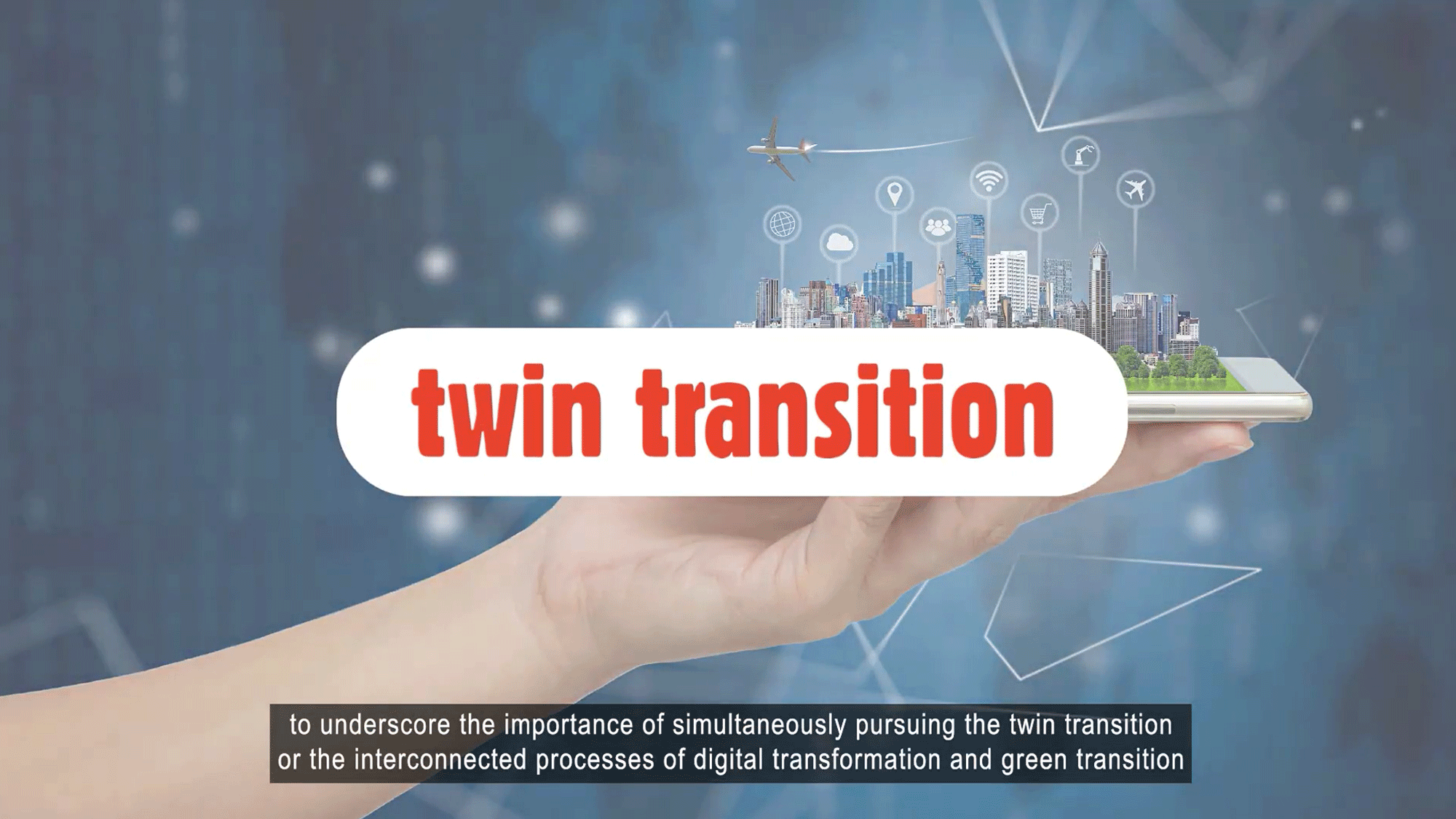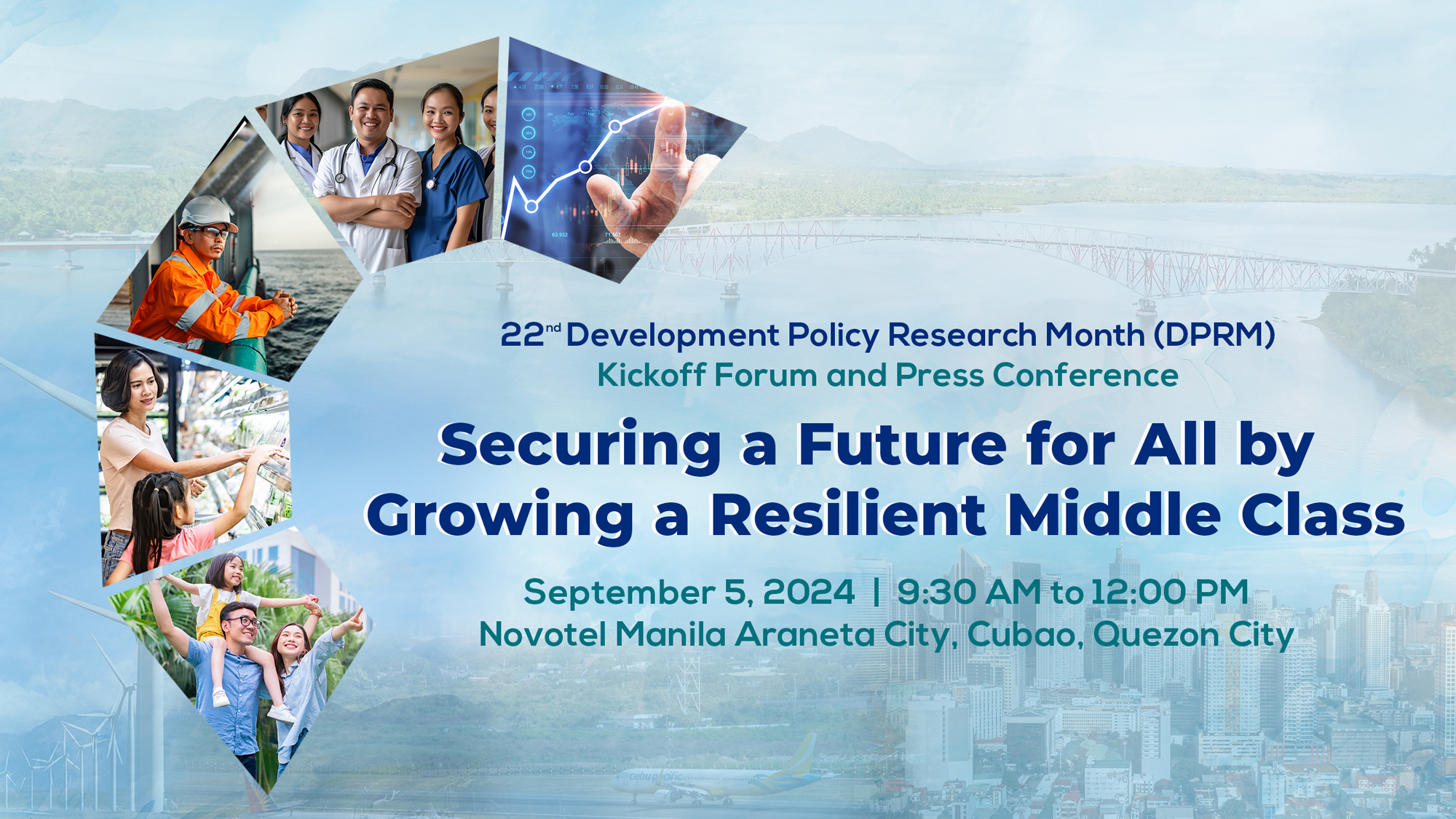
“Technology, for all its promise, is useless if no one can use and adopt it properly.”
This was emphasized by Fintech Philippines Association Executive Director Amor Maclang during a webinar recently organized by the Philippine Institute for Development Studies that looked into the current landscape of the financial technology (FinTech) industry in the Philippines.
According to Maclang, there is a need to expand the technology workforce by not focusing on science, technology, engineering, and mathematics (STEM) alone.
“We need to deliver a workforce not just from the STEM side, meaning the engineering and coding side, but also in terms of middle management…who will be conversant with, for example, the fundamentals of cloud cybersecurity, interoperability, and application programming interface,” Maclang explained.
For her, STEM should be applied with pragmatic learning “for the average Filipino to understand and use these emerging technologies”.
Moreover, the FinTech advocate also underscored the importance of developing innovations that are not Metro Manila-centric.
“Innovation needs to be local. [It] cannot be planned from ‘Great Manila’. The needs in Samar, for example, will be very different from the needs in Pangasinan. You cannot expect what works in Manila to work everywhere else, so the innovation response must be made regional,” Maclang stressed.
She also provided other suggestions to sustain the growth of FinTech in the country, saying that the industry “is what fueled a lot of digitalization that has happened [in the Philippines]”.
For one, she urged the country’s FinTech players to collaborate rather than compete against each other.
“In the FinTech industry, there is no such thing as competition. We must continue to work together. The more you break down the walled gardens, the more your industry or your company will thrive,” Maclang said.
She also warned that companies that “came from the old school of building their own ecosystem from the ground up” might be “under existential threat very soon”.
Another recommendation is to support micro, small, and medium enterprises through education and provide the resources to successfully transition to online businesses.
Maclang also called for better laws on technology that will foster new ways of doing business.
Finally, she highlighted the need for the government to develop a technology, innovation, and FinTech agenda.
“This is an arena where the Philippines is at the forefront. We cannot lose that distinct advantage,” Maclang concluded. ###
You may watch the webinar at https://fb.watch/buw4gbaGk7/ or https://youtu.be/SbhNyOBkyJw.
For more videos of PIDS events, go to https://www.pids.gov.ph/videos.
This was emphasized by Fintech Philippines Association Executive Director Amor Maclang during a webinar recently organized by the Philippine Institute for Development Studies that looked into the current landscape of the financial technology (FinTech) industry in the Philippines.
According to Maclang, there is a need to expand the technology workforce by not focusing on science, technology, engineering, and mathematics (STEM) alone.
“We need to deliver a workforce not just from the STEM side, meaning the engineering and coding side, but also in terms of middle management…who will be conversant with, for example, the fundamentals of cloud cybersecurity, interoperability, and application programming interface,” Maclang explained.
For her, STEM should be applied with pragmatic learning “for the average Filipino to understand and use these emerging technologies”.
Moreover, the FinTech advocate also underscored the importance of developing innovations that are not Metro Manila-centric.
“Innovation needs to be local. [It] cannot be planned from ‘Great Manila’. The needs in Samar, for example, will be very different from the needs in Pangasinan. You cannot expect what works in Manila to work everywhere else, so the innovation response must be made regional,” Maclang stressed.
She also provided other suggestions to sustain the growth of FinTech in the country, saying that the industry “is what fueled a lot of digitalization that has happened [in the Philippines]”.
For one, she urged the country’s FinTech players to collaborate rather than compete against each other.
“In the FinTech industry, there is no such thing as competition. We must continue to work together. The more you break down the walled gardens, the more your industry or your company will thrive,” Maclang said.
She also warned that companies that “came from the old school of building their own ecosystem from the ground up” might be “under existential threat very soon”.
Another recommendation is to support micro, small, and medium enterprises through education and provide the resources to successfully transition to online businesses.
Maclang also called for better laws on technology that will foster new ways of doing business.
Finally, she highlighted the need for the government to develop a technology, innovation, and FinTech agenda.
“This is an arena where the Philippines is at the forefront. We cannot lose that distinct advantage,” Maclang concluded. ###
You may watch the webinar at https://fb.watch/buw4gbaGk7/ or https://youtu.be/SbhNyOBkyJw.
For more videos of PIDS events, go to https://www.pids.gov.ph/videos.












